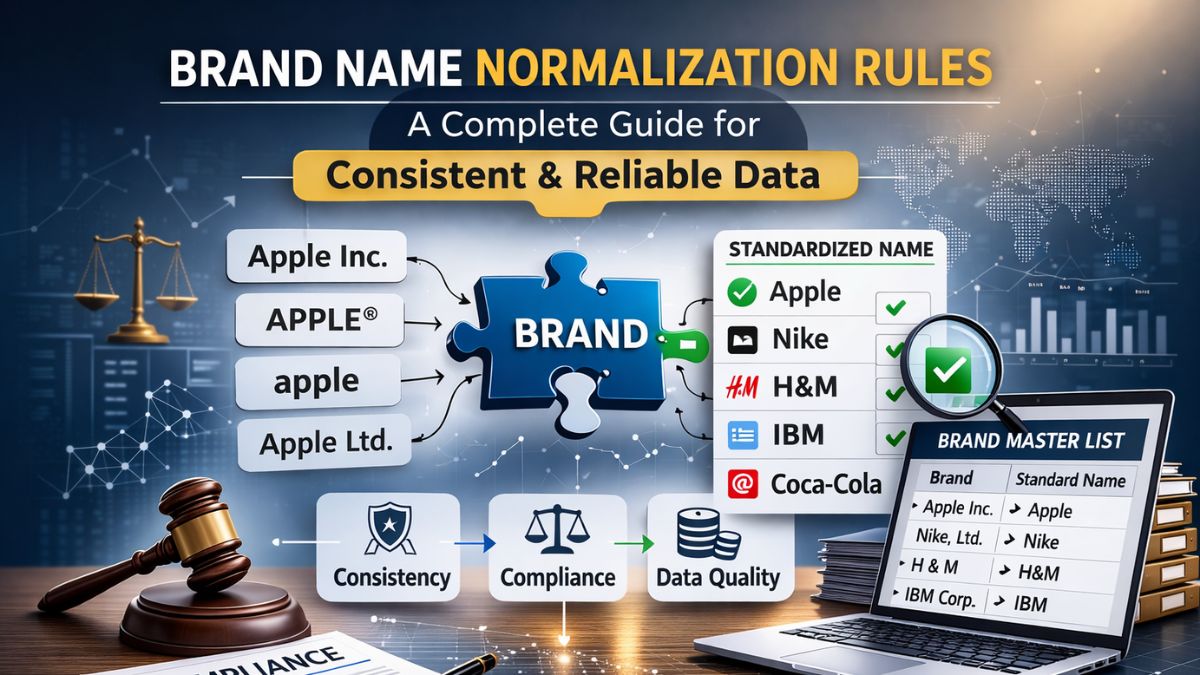Landing your dream job starts with acing the interview. Whether you’re a recent graduate entering the workforce or an experienced professional seeking new opportunities, the interview process can feel overwhelming. However, with the right preparation and mindset, you can transform this challenge into an opportunity to showcase your unique value.
The key to interview success lies in understanding that every interaction matters—from the moment you walk through the door to your follow-up email. Employers aren’t just evaluating your technical skills; they’re assessing how well you’ll fit within their company culture and contribute to their team’s success.
This guide will equip you with actionable strategies to stand out from other candidates and leave a memorable impression that leads to a job offer.
Research Like Your Career Depends on It
Thorough research sets the foundation for interview success. Start by diving deep into the company’s website, mission statement, and recent news. Understanding their values, goals, and current challenges demonstrates genuine interest and helps you tailor your responses accordingly.
Study the job description carefully and identify the key skills and qualifications they’re seeking. Prepare specific examples from your experience that align with these requirements. Whether you’re interviewing for a technical role at a startup or seeking a position as a prosthodontist in Las Vegas, understanding the local market and industry trends will give you an edge.
Don’t forget to research your interviewer if possible. Check their LinkedIn profile or company bio to find common ground or shared interests that could spark meaningful conversation.
Master the Art of Storytelling
The most memorable candidates are those who can tell compelling stories about their experiences. Instead of simply listing your accomplishments, craft narratives that highlight your problem-solving abilities, leadership skills, and impact on previous organizations.
Use the STAR method (Situation, Task, Action, Result) to structure your responses. This framework helps you provide concrete examples while keeping your answers focused and engaging. For instance, describe a challenging project you led, the obstacles you overcame, and the measurable results you achieved.
Practice your stories beforehand, but avoid sounding rehearsed. The goal is to come across as natural and conversational while highlighting your strengths and achievements.
Perfect Your Non-Verbal Communication
Your body language speaks volumes before you even say a word. Maintain good posture, offer a firm handshake, and make consistent eye contact throughout the conversation. These simple gestures convey confidence and professionalism.
Dress appropriately for the company culture, erring on the side of being slightly overdressed rather than underdressed. Your appearance should enhance your message, not distract from it.
Pay attention to your facial expressions and gestures. Smile genuinely when appropriate, and use hand gestures sparingly to emphasize key points. Remember that your energy and enthusiasm are contagious—if you’re excited about the opportunity, your interviewer will feel it too.
Ask Thoughtful Questions
The questions you ask reveal as much about you as your answers to their questions. Prepare thoughtful inquiries that demonstrate your strategic thinking and genuine interest in the role.
Focus on questions about the company’s future direction, team dynamics, growth opportunities, and success metrics for the position. Avoid asking about salary, benefits, or vacation time during the initial interview unless they bring it up first.
Examples of strong questions include: “What are the biggest challenges facing the team right now?” or “How do you measure success in this role?” These questions show you’re thinking beyond just landing the job—you’re considering how to excel in it.
Handle Difficult Questions with Grace
Every interview includes challenging questions designed to test how you think under pressure. Common difficult questions include discussing weaknesses, explaining employment gaps, or addressing why you’re leaving your current job.
Prepare honest, thoughtful responses that show self-awareness and growth. When discussing weaknesses, choose areas where you’ve taken concrete steps to improve. Frame challenges as learning opportunities and focus on the positive outcomes.
If you don’t know the answer to a technical question, admit it honestly and explain how you would go about finding the solution. This approach demonstrates humility and problem-solving skills that employers value.
Follow Up Strategically
Your interview performance doesn’t end when you walk out the door. Send a personalized thank-you email within 24 hours, reiterating your interest and highlighting key points from your conversation.
Use the follow-up as an opportunity to address any concerns that arose during the interview or provide additional information that strengthens your candidacy. Keep it concise but meaningful, showing that you were actively listening during the conversation.
Turn Your Next Interview Into Your Next Opportunity
Making a lasting impression requires preparation, authenticity, and strategic follow-through. By researching thoroughly, telling compelling stories, communicating effectively, asking thoughtful questions, and following up professionally, you’ll position yourself as the standout candidate employers remember.
Remember that interviews are conversations, not interrogations. Approach them with confidence, curiosity, and genuine enthusiasm for the opportunity. With these strategies in your toolkit, you’re ready to turn your next interview into your next career milestone.






